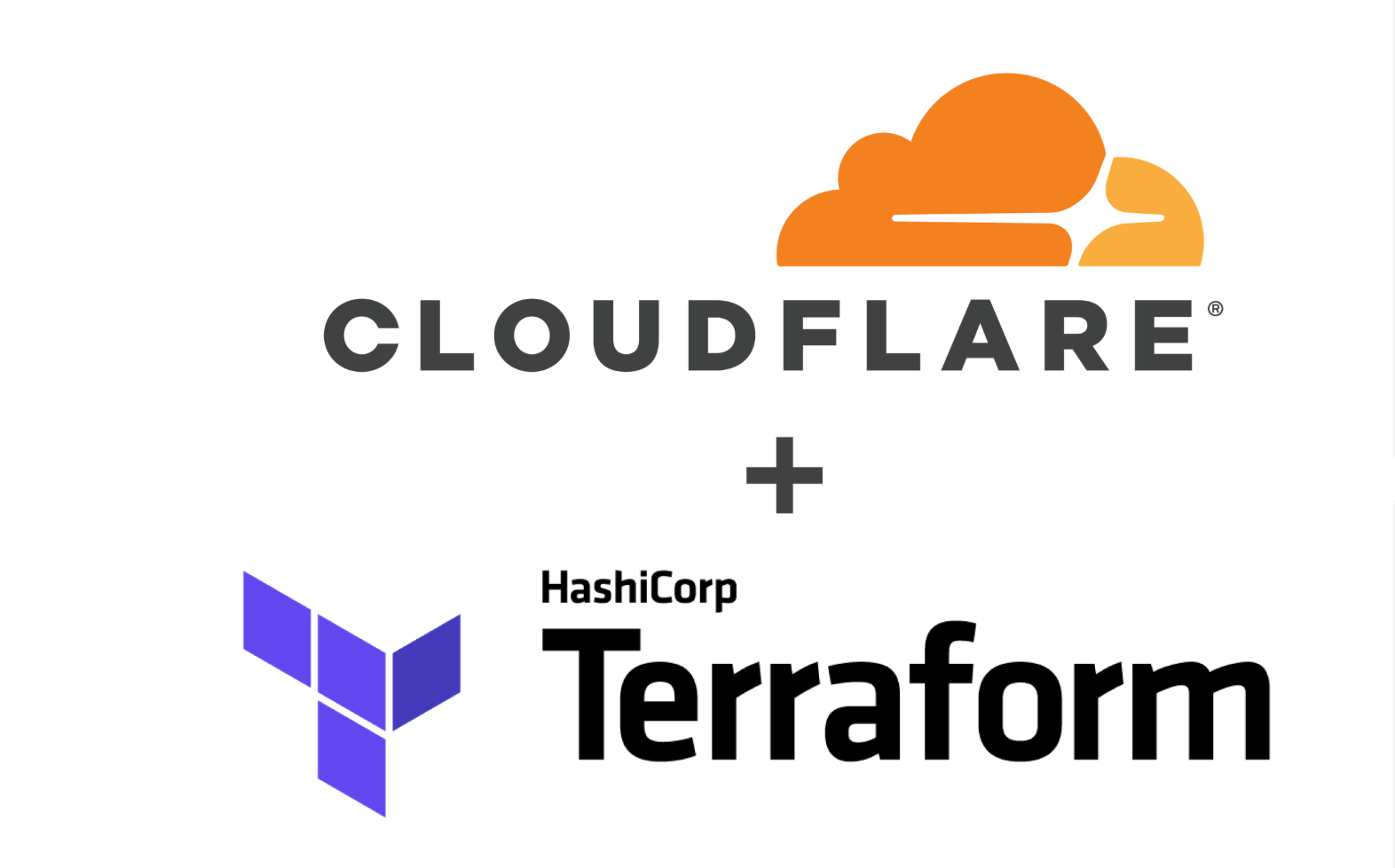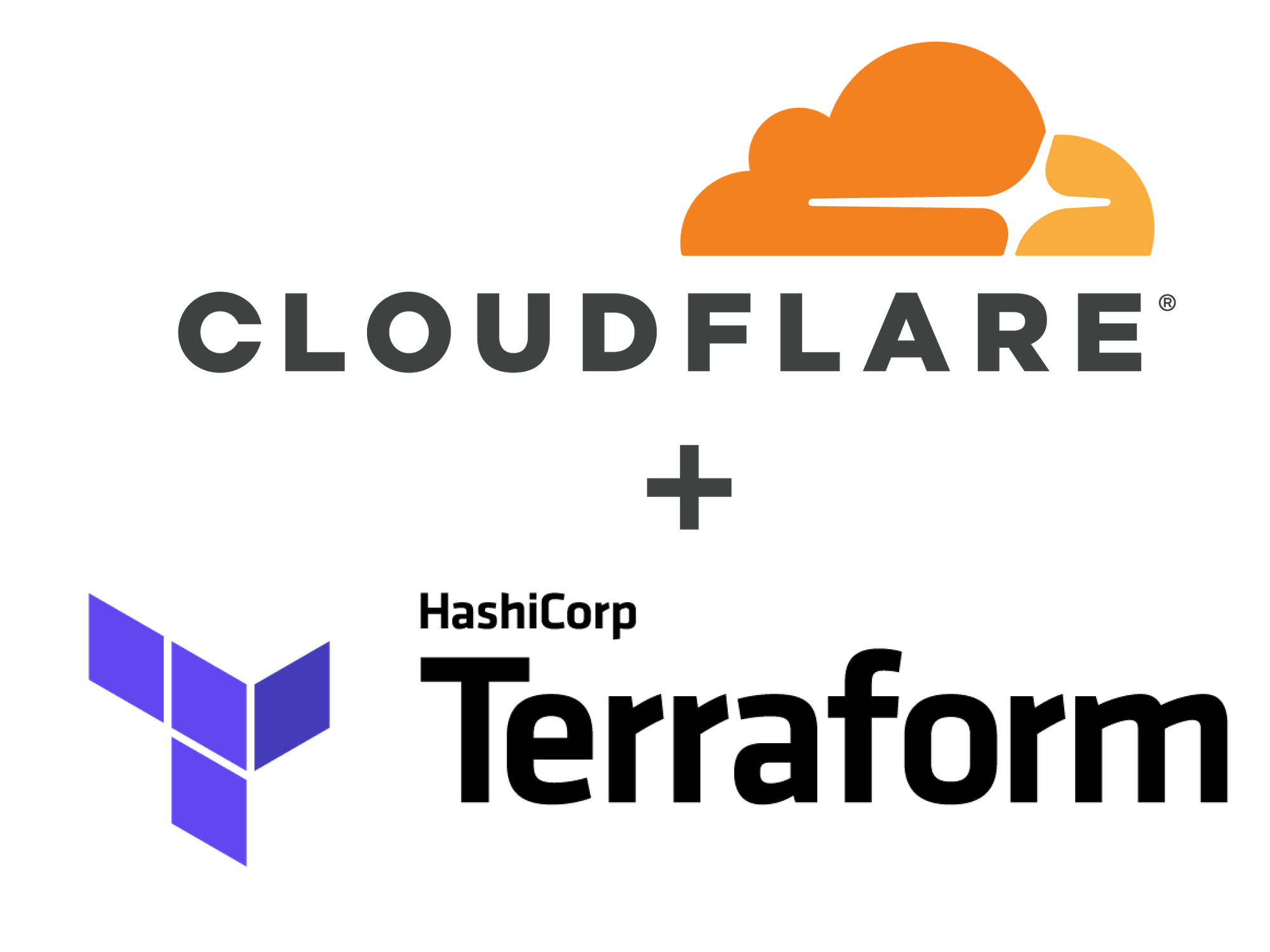Flat Networks Spur IT Innovation
 Flat networks make it possible to centrally provision resources without having to reconfigure policies.
Flat networks make it possible to centrally provision resources without having to reconfigure policies.
Deploy Workers using Terraform


Today we're excited to announce that Cloudflare Workers are now supported in the Cloudflare Terraform Provider.
Terraform is a fantastic tool for configuring your infrastructure. Traditionally if you wanted to spin up, tear down or update some of your infrastructure you would have to click around on a website or make some API calls, which is prone to human error. With Terraform, you define your infrastructure in simple, declarative configuration files and let Terraform figure out how to make the API calls for you. This also lets you treat your infrastructure like your code. You can check your Terraform configuration files into version control and integrate them into your normal software development workflow.
Terraform integrates with many infrastructure providers including Cloudflare. If you'd like to read more about setting up Terraform with Cloudflare, check out Getting started with Terraform and Cloudflare. In this post, I'm going to focus specifically on how to integrate Cloudflare Workers with Terraform.
In this example we're going to create partyparrot.business, and we're going to serve the whole site out of a worker without any origin server. We're starting from scratch here, but if you're already using Cloudflare workers and want to migrate to Continue reading
Barefoot Responds to the Demise of Marvell’s Programmable Chip
 Barefoot says its Tofino chip is used for more than just “niche” applications, and the P4 programming language gives it gravitas.
Barefoot says its Tofino chip is used for more than just “niche” applications, and the P4 programming language gives it gravitas.
Cisco’s Open vRAN Alliance Says Its End-to-End System Is Ready to Roll
 The Open vRAN Alliance assembled products from different vendors to create an open vRAN system that can take the place of single-vendor RAN solution.
The Open vRAN Alliance assembled products from different vendors to create an open vRAN system that can take the place of single-vendor RAN solution.
Indigenous Access: “We Haven’t Reached Our Full Potential”

In November 2017, the Internet Society hosted the inaugural Indigenous Connectivity Summit in Santa Fe, New Mexico. The event brought together community network operators, Internet service providers, community members, researchers, policy makers, and Indigenous leadership to work together to bridge the connectivity gap in indigenous communities in North America. One of the participants shared his story.
“We haven’t reached our full potential,” says Gilbert Martinez, of the Pueblo of Laguna’s Kawaika Hanu Internet. “Community Internet access is good, but it can get better.”
The Laguna Utility Authority was awarded a $3.3M grant through USDA Community Connect, which will enable a number of projects provided the community is an Internet Service Provider, among other stipulations. The benefits of Internet access – and the grant’s impact – are already evident, which Martinez shared in a presentation at the Indigenous Connectivity Summit: one community member was able to apply for an internship with the Laguna Tribal Courts and is now working to complete her bachelor’s degree in criminal justice; one family uses the Internet for school work, to pay bills, and to do online research; an unemployed computer center volunteer obtained a job at a media company; and silversmiths are able to Continue reading
PQ 155: Forecasting Network Evolution At VMworld’s Future:Net 2018
This Priority Queue was recorded live at the Future:Net conference at VMworld 2018. Guests Bruce Davie and Guido Appenzeller discuss service meshes, differences between hybrid and multicloud, intrinsic security, intent-based networking and more.
The post PQ 155: Forecasting Network Evolution At VMworld’s Future:Net 2018 appeared first on Packet Pushers.
Virtualization Is Core to Sprint Curiosity IoT Platform
 The IoT platform uses virtualization to push more processing capabilities to the edge of the network and a dedicated operating system to help the platform “come alive.”
The IoT platform uses virtualization to push more processing capabilities to the edge of the network and a dedicated operating system to help the platform “come alive.”
5 Things You Should Know About Dark Fiber
This alternative to commercial Internet service can reduce costs, improve latency, and give organizations the redundancy they need for disaster recovery and business continuity.
Worth Reading: Intent-Based Networking Taxonomy
This blog post was initially sent to the subscribers of my SDN and Network Automation mailing list. Subscribe here.
Saša Ratković (Apstra) published a must-read Intent-Based Networking Taxonomy which (not surprisingly) isn’t too far from what I had to say about the topic in a blog post and related webinar.
It’s also interesting to note that the first three levels of intent-based networking he described match closely what we’re discussing in Building Network Automation Solutions online course and what David Barroso described in Network Automation Use Cases webinar:
Read more ... Their failure is my pain. Why ?
Their failure is my pain. Why ?